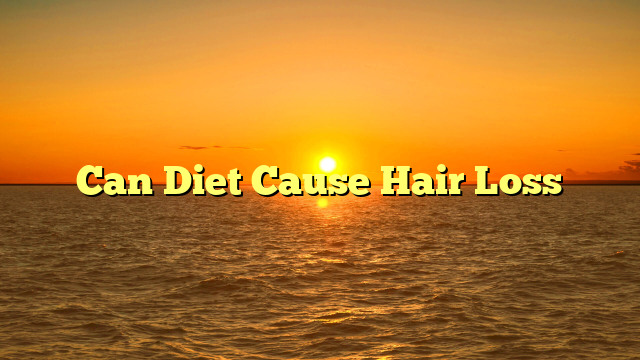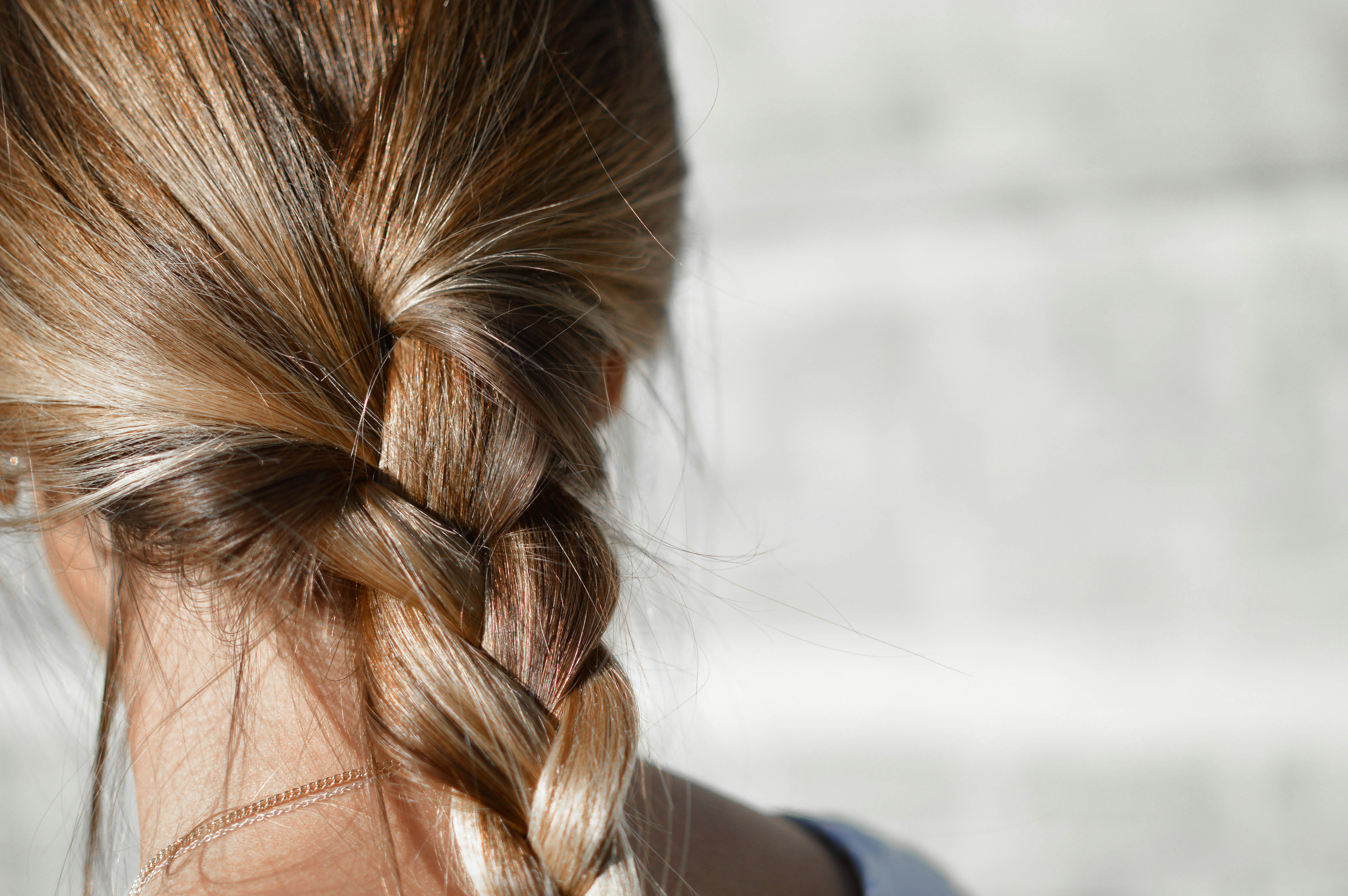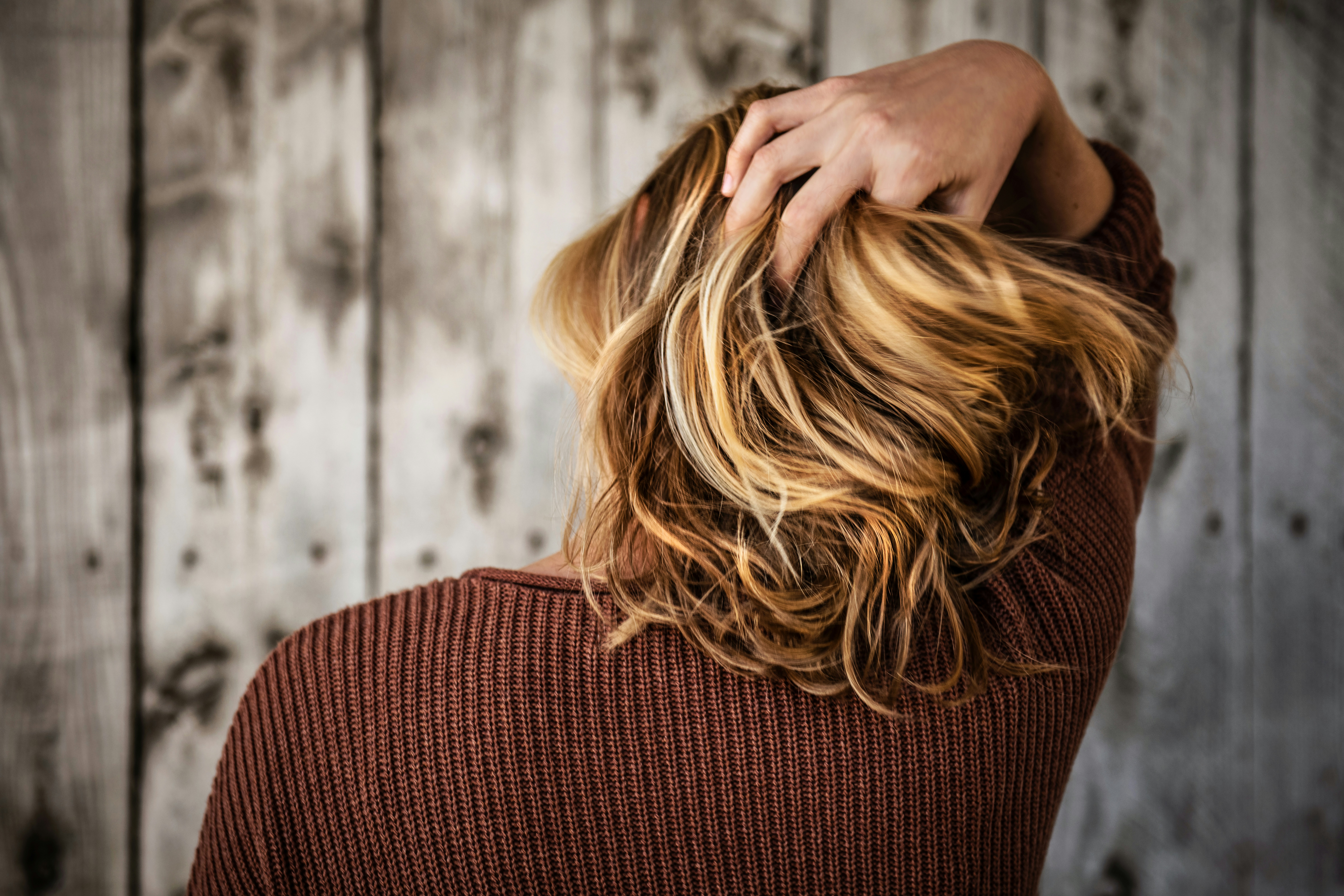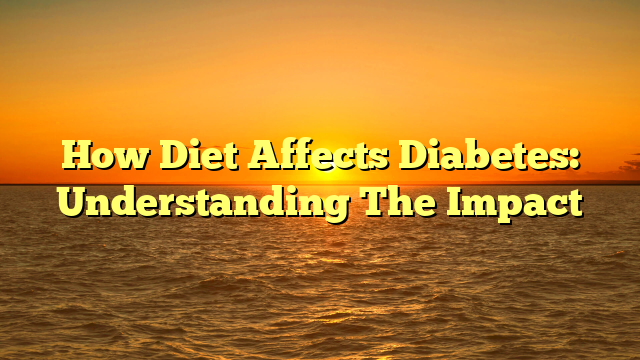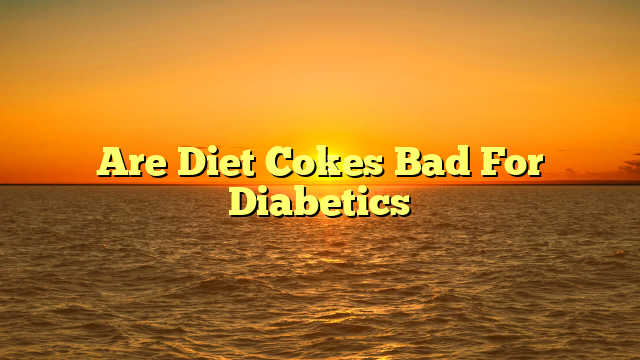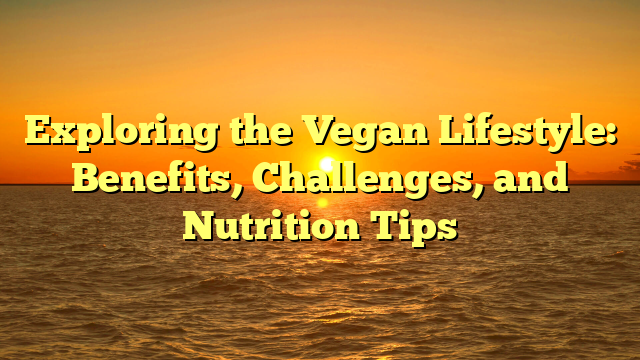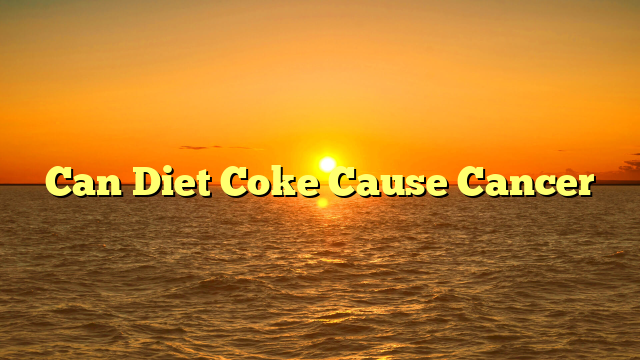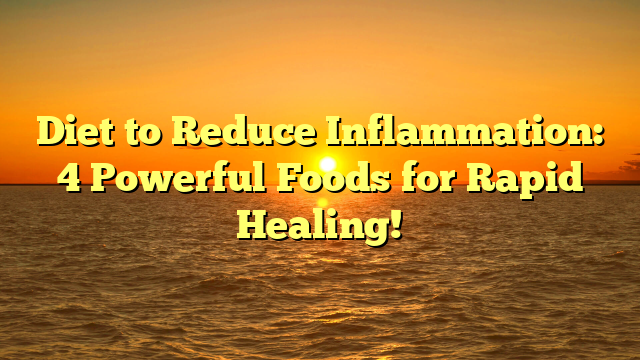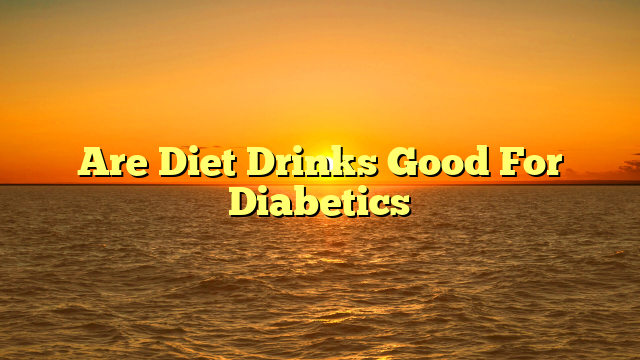Can Diet Cause Hair Loss
Are you experiencing hair loss and wondering if your diet could be to blame? In this article, we will explore the connection between diet and hair loss, providing you with valuable information to help you understand this common concern. We all strive to live a healthy life, but sometimes our diet choices may unknowingly impact our hair health. So, if you’ve ever wondered, “Can diet cause hair loss?” keep reading to discover the answer and gain insights into maintaining a vibrant head of hair.
Introduction
Welcome! In this article, we will explore the fascinating topic of hair loss and its connection to diet. Hair loss can be a distressing experience, and understanding the role of nutrition in maintaining healthy hair is essential. We will delve into the hair growth cycle, different types of hair loss, and how diet can impact the health of your hair. Additionally, we will discuss the effects of crash diets and highlight healthy eating plans that promote hair growth. Lastly, we will provide tips on caring for your hair to ensure its overall health and vitality. So let’s dive in and discover the relationship between diet and hair loss!
Understanding Hair Loss
Hair Growth Cycle
Before we delve into the connection between diet and hair loss, it’s crucial to understand the hair growth cycle. Hair growth occurs in a cyclic pattern consisting of three distinct phases: anagen, catagen, and telogen.
The anagen phase is the active growth phase, lasting around 2-7 years, during which hair strands grow approximately half an inch per month. The catagen phase follows the anagen phase and is a transitional stage lasting only a few weeks. Lastly, the telogen phase is the resting phase, with hair shedding occurring naturally after 2-3 months.
Types of Hair Loss
Hair loss can manifest in different ways and can be caused by various factors. The most common types include male and female pattern baldness, alopecia areata, telogen effluvium, and anagen effluvium.
Male and female pattern baldness, or androgenetic alopecia, is a genetic condition that causes hair thinning and eventual loss primarily in specific patterns for each gender.
Alopecia areata is an autoimmune disorder where the immune system mistakenly attacks hair follicles, resulting in patchy hair loss.
Telogen effluvium occurs when a significant number of hairs enter the telogen phase prematurely due to physical or emotional stressors, resulting in temporary hair loss.
Anagen effluvium is typically caused by certain medications, chemotherapy, or radiation therapy, leading to hair loss during the anagen phase.
Each type of hair loss may be influenced by different factors, including genetics, hormonal imbalances, medical conditions, and, yes, diet.
The Role of Diet in Hair Health
Nutrients Essential for Hair Growth
To keep your hair healthy and promote natural growth, it is important to consume a balanced diet rich in essential nutrients. Several key nutrients play vital roles in supporting hair health, including:
- Protein: Hair strands are primarily made of protein, so consuming adequate amounts of protein is crucial for healthy hair growth.
- Iron: Iron helps deliver oxygen to hair follicles, supporting their overall health and growth.
- Omega-3 Fatty Acids: These healthy fats nourish the scalp and hair follicles, promoting hair strength and thickness.
- Biotin: Biotin, also known as vitamin B7, is involved in the production of keratin, a key structural component of hair.
- Vitamins A, C, and D: These vitamins provide antioxidant properties, support collagen production, and help regulate hair cell growth.
- Zinc: Zinc plays a role in DNA and RNA synthesis, which is necessary for proper hair follicle function.
Impact of Nutritional Deficiencies on Hair Loss
A diet lacking in essential nutrients can contribute to hair loss. Nutritional deficiencies can disrupt the hair growth cycle, leading to hair thinning and eventual hair loss. Let’s explore how deficiencies in specific nutrients can affect your hair health.
A lack of protein in your diet can result in weakened hair strands, increased breakage, and slower hair growth. Similarly, low iron intake can cause a condition called iron deficiency anemia, which can manifest as hair loss.
Insufficient intake of omega-3 fatty acids can lead to dry scalp, dull hair, and increased hair shedding. Biotin deficiency may cause brittle hair or even hair loss in severe cases.
Deficiencies in vitamins A, C, D, and zinc can disrupt the hair growth cycle, resulting in slowed hair growth or increased hair shedding. It is important to ensure adequate intake of these essential nutrients to maintain optimal hair health.
The Connection Between Diet and Hair Loss
Now that we understand the role of diet and essential nutrients in hair health let’s explore how specific dietary factors can influence hair loss.
Caloric Restriction
Engaging in extreme caloric restriction or crash diets can have detrimental effects on your hair. Severely restricting your calorie intake can deprive your body of essential nutrients, leading to poor hair health and increased hair loss.
Low Protein Diets
As mentioned earlier, protein is crucial for healthy hair growth. Following a low protein diet can result in weakened hair strands, increased breakage, and slower hair growth. Ensuring an adequate intake of protein-rich foods, such as lean meats, fish, eggs, nuts, and legumes, is essential for maintaining strong and vibrant hair.
Low Iron Intake
Iron deficiency can lead to anemia, which can manifest as hair loss. Including iron-rich foods like lean meats, spinach, lentils, and fortified cereals in your diet can help prevent iron deficiency anemia and maintain healthy hair.
Low Vitamin D Levels
Vitamin D plays a role in hair follicle cycling and hair growth. Insufficient vitamin D levels have been associated with hair loss. While sunlight exposure is a primary source of vitamin D, including foods like fatty fish, fortified dairy products, and egg yolks can help ensure adequate intake.
Low Omega-3 Fatty Acids
A diet lacking in omega-3 fatty acids can contribute to hair dryness, dullness, and increased hair shedding. Including fatty fish like salmon or mackerel, chia seeds, flaxseeds, and walnuts in your diet can provide a good source of these healthy fats.
Low Zinc Intake
Zinc deficiency has been linked to hair loss and thinning. Consuming zinc-rich foods such as oysters, beef, pumpkin seeds, and whole grains can help support hair health.
Low Biotin Intake
Biotin deficiency can lead to brittle hair and hair loss. Including biotin-rich foods like eggs, almonds, avocados, and sweet potatoes in your diet can help prevent biotin deficiency and promote healthy hair.
Low Vitamin C Levels
Vitamin C is important for collagen production, which is crucial for hair structure and strength. Inadequate vitamin C levels may contribute to hair problems. Including citrus fruits, berries, bell peppers, and dark leafy greens in your diet can boost your vitamin C intake.
Low Vitamin A Intake
Vitamin A is involved in the production of sebum, the natural oil that moisturizes the scalp and keeps hair healthy. Consuming vitamin A-rich foods like carrots, sweet potatoes, cantaloupes, and spinach can ensure sufficient vitamin A intake.
Excessive Vitamin A Intake
While adequate vitamin A intake is important, excessive amounts can be harmful and contribute to hair loss. It is crucial to maintain a balanced diet and avoid excessive supplementation of vitamin A to prevent adverse effects on your hair.
The Impact of Crash Diets
What are Crash Diets?
Crash diets are extreme and unsustainable eating plans that often promise rapid weight loss in a short period. These diets severely restrict calorie intake and typically lack balance in terms of essential nutrients.
How Crash Diets Affect Hair Loss
Crash diets can have a significant impact on hair health. The severe calorie restriction experienced during crash diets deprives the body of essential nutrients, including those vital for healthy hair growth. The result is often increased hair shedding, slower hair regrowth, and weakened hair strands.
Preventing Hair Loss During Crash Diets
To minimize hair loss during crash diets, it is important to approach weight loss in a sustainable and balanced manner. Consulting a healthcare professional or registered dietitian can help design a personalized meal plan that ensures adequate nutrient intake while achieving weight loss goals. Additionally, incorporating targeted supplements for hair health, as we will discuss later in the article, can be beneficial during this period.
Healthy Diets for Hair Growth
The Mediterranean Diet
The Mediterranean diet is renowned for its health benefits, including promoting overall hair health. This eating plan emphasizes whole, unprocessed foods, including fruits, vegetables, whole grains, legumes, nuts, and lean proteins, like fish and poultry. These nutrient-rich foods provide essential vitamins, minerals, antioxidants, and healthy fats, supporting optimal hair growth and reducing the risk of hair loss.
The Anti-Inflammatory Diet
Chronic inflammation can contribute to hair loss. The anti-inflammatory diet focuses on consuming foods that reduce inflammation in the body. It promotes ample fruits, vegetables, whole grains, lean proteins, and healthy fats, while limiting processed foods, sugary beverages, and refined carbohydrates. By reducing inflammation and providing essential nutrients, this diet helps maintain healthy hair.
The Hair Growth Diet
The hair growth diet is a specially designed eating plan that prioritizes foods rich in key nutrients for hair health. It includes protein sources like lean meats, fish, eggs, and legumes to provide the necessary building blocks for hair structure. Additionally, it incorporates foods high in iron, omega-3 fatty acids, biotin, vitamins A, C, D, and zinc to nourish the scalp, promote healthy hair growth, and prevent hair loss.
Supplements for Hair Health
In addition to maintaining a healthy diet, certain supplements can support hair health and reduce the risk of hair loss. While nutritional needs should primarily be met through whole foods, supplements can be beneficial for individuals with specific nutrient deficiencies or those seeking extra support.
Biotin Supplements
Biotin supplements are commonly taken to promote hair growth and prevent hair loss. Biotin plays a critical role in the production of keratin, a protein that forms the structure of hair strands. However, it is important to note that biotin deficiency is rare, and supplementation is generally recommended for individuals with diagnosed deficiencies or under medical supervision.
Iron Supplements
Iron deficiency anemia can contribute to hair loss. If diagnosed with iron deficiency, your healthcare provider may prescribe iron supplements to replenish iron stores and promote healthy hair growth. It is crucial to consult with a healthcare professional before starting iron supplements, as excessive iron intake can be harmful.
Omega-3 Fatty Acid Supplements
Omega-3 fatty acid supplements, such as fish oil or flaxseed oil capsules, can provide a concentrated source of these essential fats. They can help nourish the hair follicles, reduce inflammation, and improve overall hair health. However, it is important to choose high-quality supplements and follow the recommended dosage.
Vitamin D Supplements
For individuals with vitamin D deficiency, supplementation may be necessary to maintain optimal hair health. A healthcare professional can evaluate your vitamin D levels and recommend appropriate supplementation if needed.
Zinc Supplements
Zinc plays a vital role in hair growth, and zinc deficiency can contribute to hair loss. If diagnosed with zinc deficiency, supplementation under medical supervision may be beneficial to support hair health and prevent further hair loss.
Vitamin C Supplements
Vitamin C is important for collagen synthesis, which is essential for hair strength and structure. While obtaining vitamin C through a balanced diet is ideal, vitamin C supplements can be considered if dietary intake falls short. However, it is important to consult with a healthcare professional, as excessive vitamin C intake can have adverse effects.
Other Factors Affecting Hair Loss
While diet plays a significant role in hair health, other factors can contribute to hair loss. Let’s explore a few of these factors.
Stress and Hair Loss
Chronic stress can disrupt the normal hair growth cycle, leading to excessive hair shedding or even suppressed hair growth. Managing stress through relaxation techniques, exercise, and seeking support can help minimize stress-related hair loss.
Hormonal Imbalances and Hair Loss
Hormonal imbalances, such as those experienced during pregnancy, menopause, or certain medical conditions, can contribute to hair loss. If hormonal imbalances are suspected, it is essential to consult with a healthcare professional for proper evaluation and treatment.
Medical Conditions and Hair Loss
Certain medical conditions, such as thyroid disorders, autoimmune diseases, and scalp conditions like psoriasis or dermatitis, can cause hair loss. Treating the underlying medical condition is crucial for addressing hair loss effectively.
Caring for Your Hair
Apart from diet and overall health, implementing a proper hair care routine is essential in maintaining the health and vitality of your hair.
Proper Hair Care Routine
Establishing a hair care routine that suits your hair type and maintains its health is important. This can include regular washing, conditioning, and gentle combing or brushing. Additionally, using products specifically designed for your hair type and avoiding excessive heat or hairstyling can prevent damage and hair loss.
Avoiding Harsh Chemicals
Certain hair products, such as dyes, bleaches, and harsh styling products, can damage hair and lead to hair loss. Minimizing the use of such products or opting for natural and gentle alternatives can help protect your hair.
Protecting Hair from Heat Damage
Excessive heat from styling tools like straighteners, curling irons, and blow dryers can cause hair to become brittle and prone to breakage. Using heat protectant sprays and avoiding prolonged exposure to high heat are essential to minimize damage and promote hair health.
Conclusion
In conclusion, your diet plays a vital role in the health and growth of your hair. Nutritional deficiencies can disrupt the hair growth cycle and lead to hair thinning and loss. Avoiding crash diets and following healthy eating plans, such as the Mediterranean diet or the anti-inflammatory diet, can support optimal hair health. Additionally, considering targeted supplements under medical supervision can provide extra support. It is important to remember that maintaining a balanced diet, managing stress, addressing hormonal imbalances, and caring for your hair properly are all key components of maintaining healthy and vibrant hair. So remember to nourish your body, nurture your hair, and embrace the journey to healthier, more beautiful tresses!

